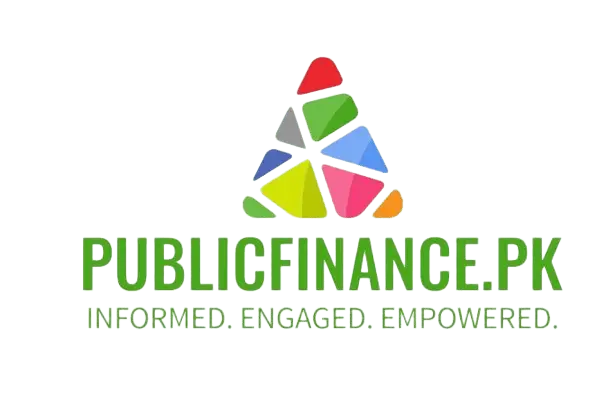
Green finance is no longer a luxury—it’s a necessity for any nation serious about long-term resilience and inclusive growth. Pakistan’s decision to launch its first-ever Green Sukuk, as announced in the Ministry of Finance’s press release dated May 8, 2025, is a striking and commendable move that aligns national financing with sustainability objectives. The step not only diversifies the government’s debt portfolio but also introduces a financing instrument that merges Islamic finance with environmental and social goals.
Blending Faith-Based Finance with Climate Objectives
The Green Sukuk initiative stands out for its integration of Shariah-compliant finance with green development objectives. This hybridization serves a dual purpose: fulfilling the constitutional and political ambition to transition toward an interest-free economy (as per Vision 2028) while channeling investments into sectors that are environmentally sustainable. The Sukuk will be issued in the range of PKR 20–30 billion through an auction mechanism, and listed on the Pakistan Stock Exchange (PSX). This approach ensures transparency, broadens investor participation, and adds much-needed depth to the country’s capital market.
The Green Sukuk Program is backed by well-established financial institutions—Meezan Bank, Bank Alfalah, Dubai Islamic Bank, and Bank Islami—as Joint Financial Advisors. Their involvement adds credibility and is likely to attract both retail and institutional investors interested in ethical and impact-driven investing.
Evaluating the Public Finance Perspective
From a public finance standpoint, the Green Sukuk offers both opportunities and responsibilities.
On the opportunity side:
- It provides a new source of domestic borrowing that is earmarked for projects with measurable environmental and social returns.
- It supports climate-aligned infrastructure financing without resorting to external commercial borrowing that often comes with currency and interest rate risks.
- It fosters fiscal innovation by diversifying instruments within the government’s debt management strategy.
However, such initiatives also require:
- Robust project evaluation and selection, which is addressed by the establishment of a dedicated Project Evaluation and Selection Committee.
- Transparent allocation and tracking of proceeds, a role assigned to the Ministry of Planning in collaboration with the Ministry of Finance.
- Compliance with Shariah and sustainability standards, to ensure proceeds are not diverted toward environmentally or ethically questionable activities.
Table: Snapshot of Key Details
| Feature | Detail |
| Instrument Name | Green Sukuk |
| Issue Size | PKR 20–30 billion |
| Issuance Mechanism | Auction (Listed on PSX) |
| Financial Advisors | Meezan Bank, Bank Alfalah, DIB, Bank Islami |
| Policy Alignment | Vision 2028, National Adaptation Plan, NDCs |
| Eligible Sectors | Renewable energy, clean water, green buildings, clean transport, etc. |
Aligning with Global and Domestic Goals
The issuance is rooted in the newly introduced Sustainable Investment Sukuk Framework, which covers Green, Social, and Sustainability Sukuk. The framework aligns with Pakistan’s National Climate Change Policy, National Adaptation Plan, and the country’s Nationally Determined Contributions (NDCs). These documents establish Pakistan’s global climate commitments, and the Green Sukuk provides a domestic financing mechanism to meet those pledges.
Moreover, the projects supported under this framework are diverse, spanning from renewable energy and clean water to food security and employment generation. This cross-cutting design enhances the effectiveness of public finance by linking capital mobilization directly to measurable development outcomes.
Policy Insights and Recommendations
The Green Sukuk is a step in the right direction, but its success will ultimately depend on effective implementation and rigorous oversight. Pakistan must ensure:
- Annual reporting and impact assessments are timely and data-driven.
- Refinancing components (if any) are clearly disclosed, especially if existing projects are being repackaged under green credentials.
- Integration of climate budget tagging within the broader Medium-Term Fiscal Framework to ensure continuity and strategic alignment.
The press release from the Ministry of Finance underscores the government’s commitment to sustainable public finance, and this initiative could serve as a model for future ESG-aligned financial instruments in Pakistan and the broader Islamic finance world.
Reference: Ministry of Finance Press Release, May 8, 2025
This article was published on publicfinance.pk
